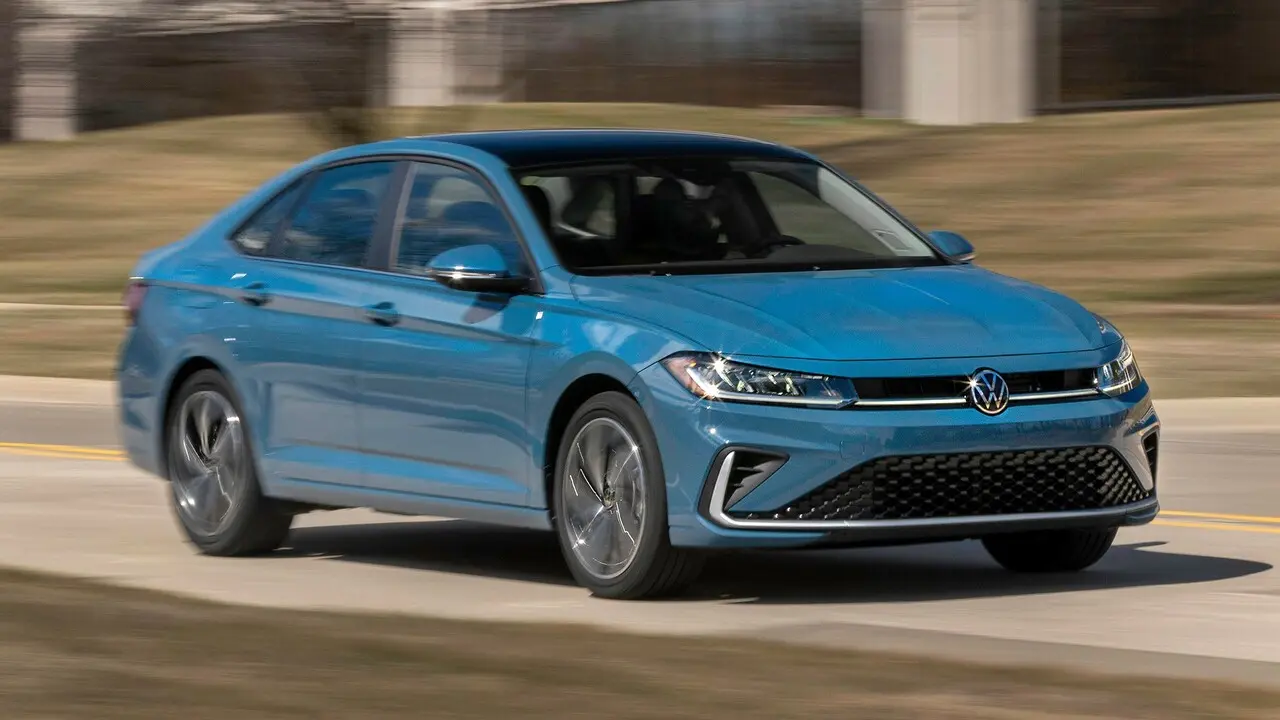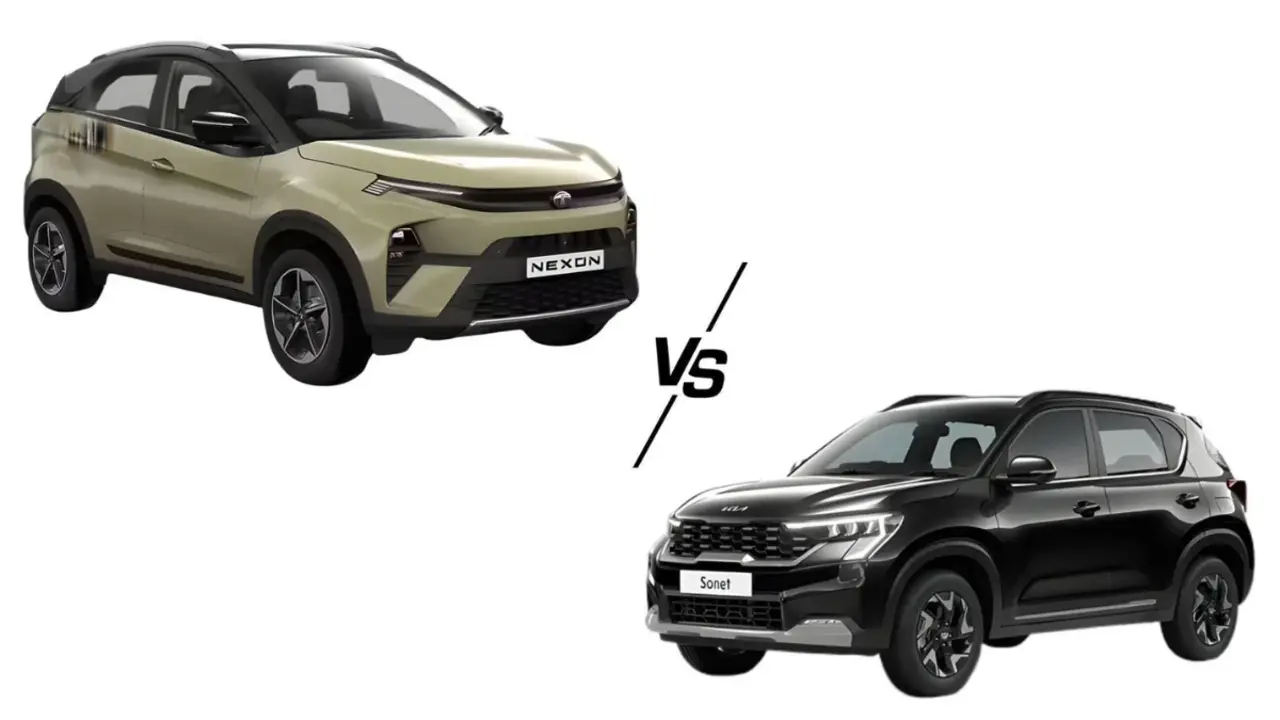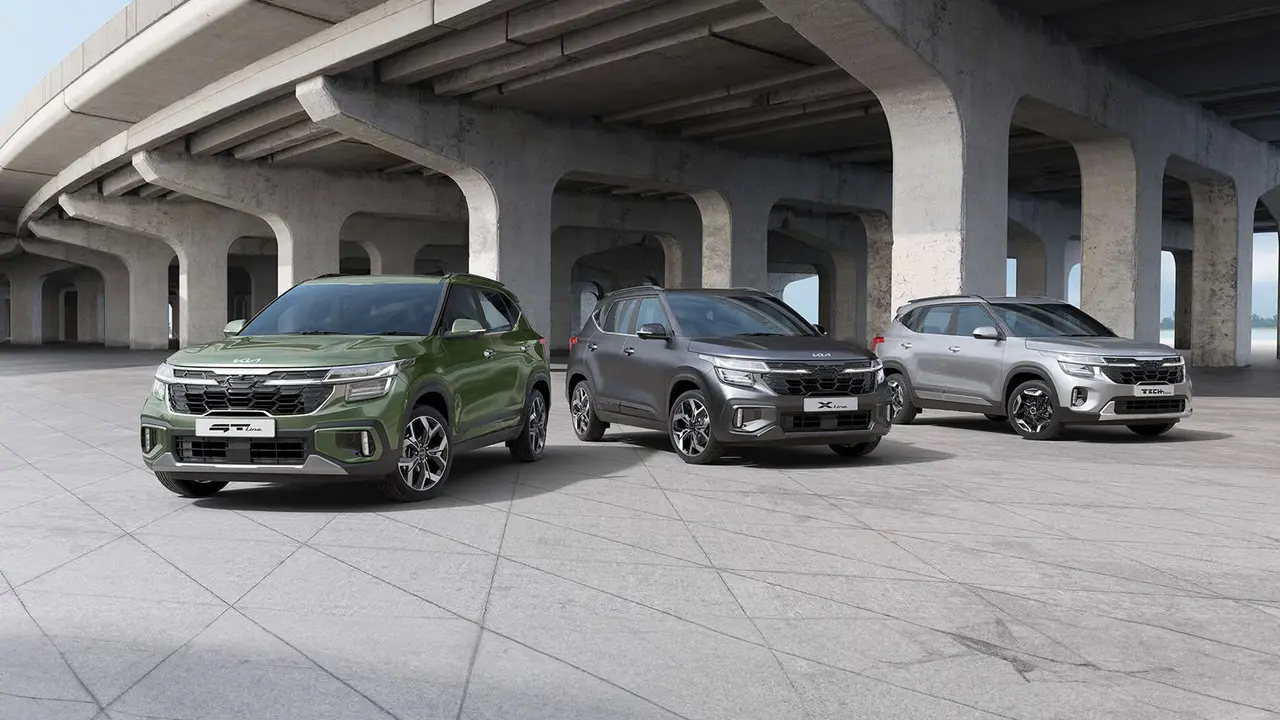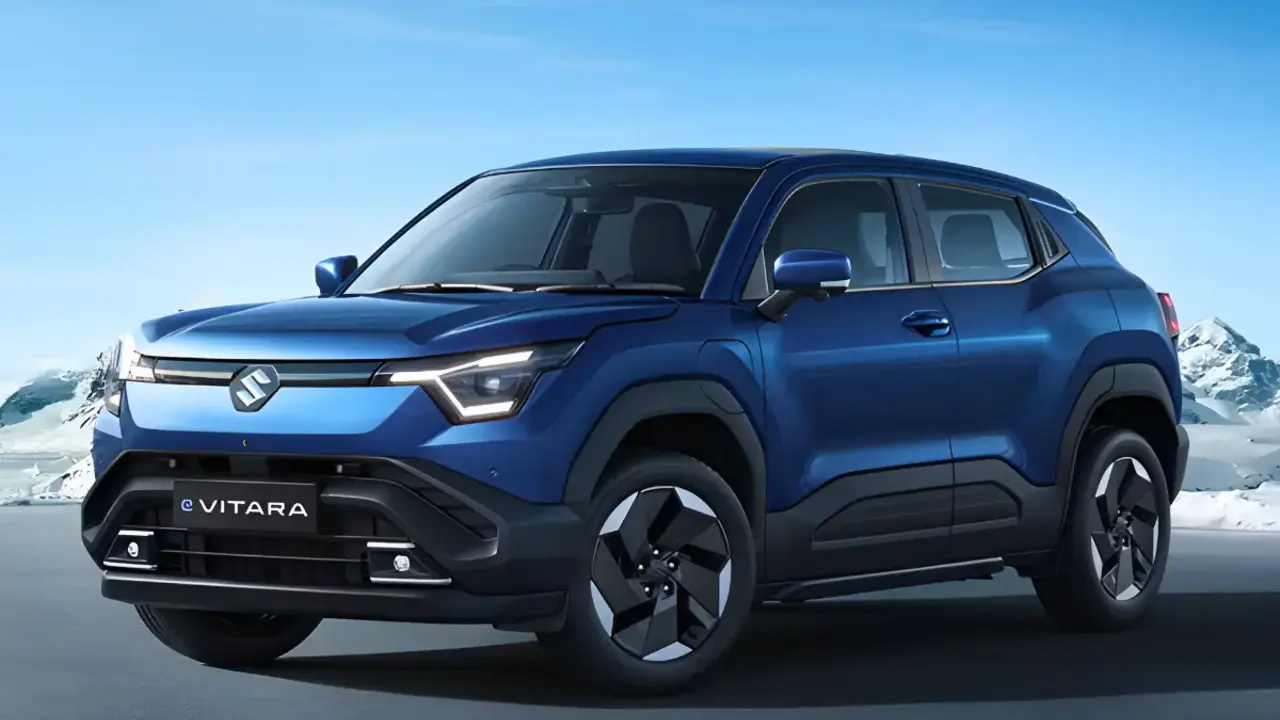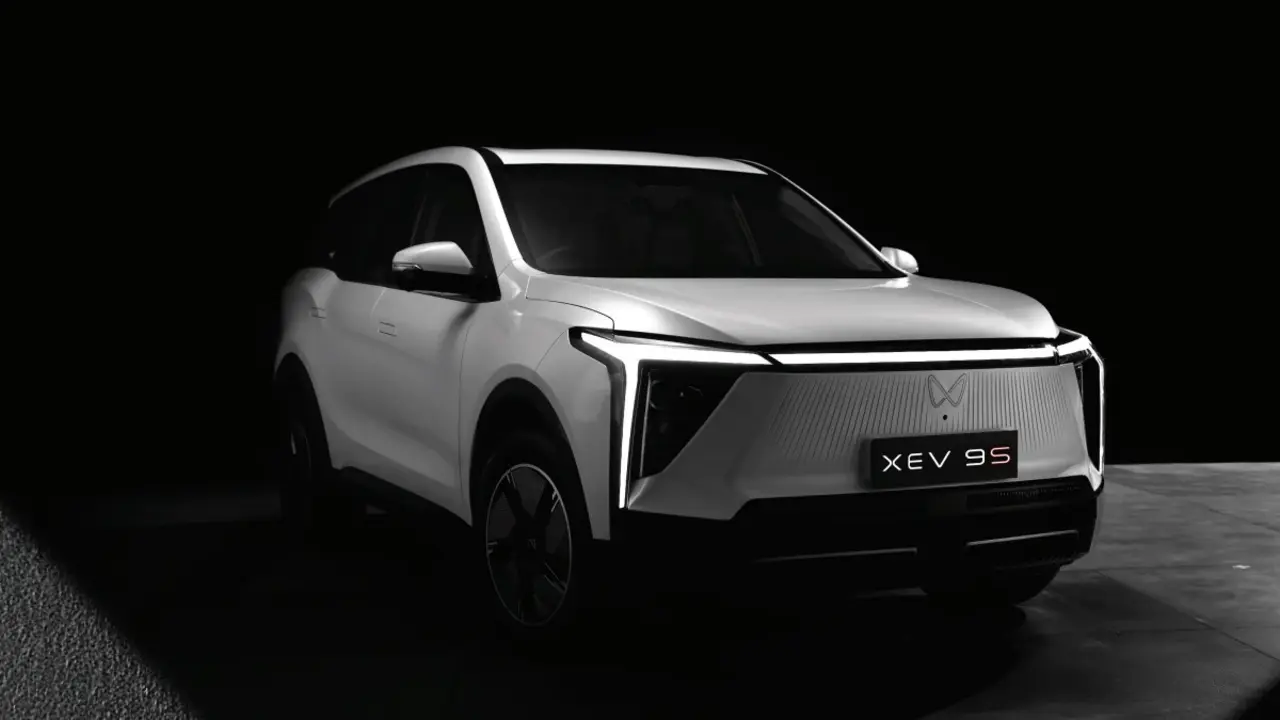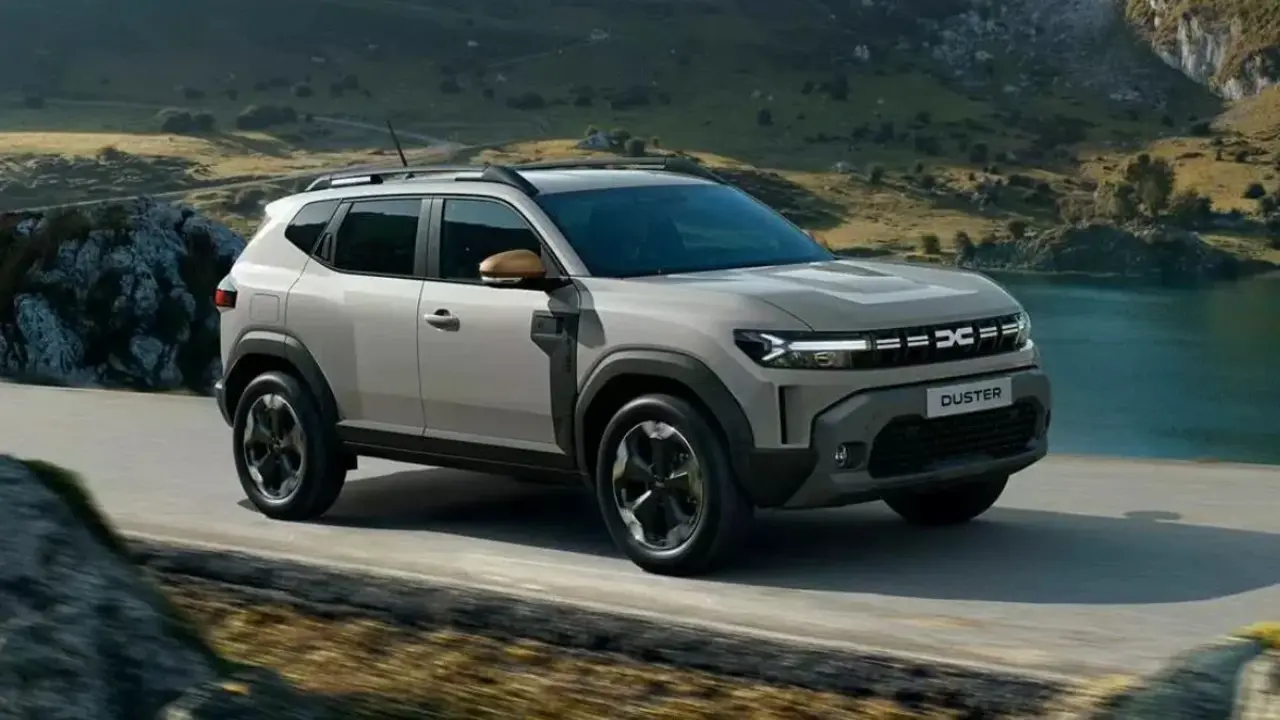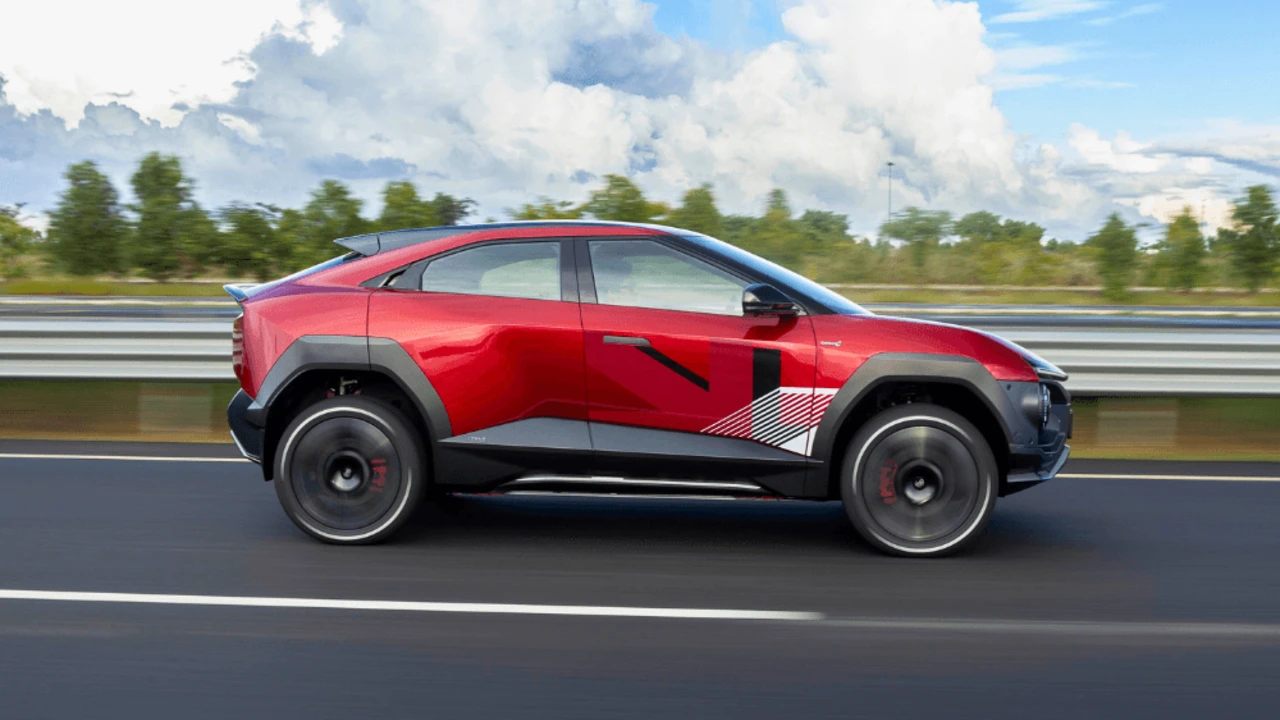The impact of tariffs on the auto industry has been felt strongly in 2025, and Volkswagen drivers in the U.S. are now seeing the consequences. The company has announced price increases for several of its 2026 model year vehicles, with some rising by nearly 7 percent. Even smaller increases, such as the $50 added for shipping from port to dealership, are adding to the overall cost for buyers.
Why Volkswagen Prices Are Rising
The price hikes are largely due to tariffs on imported vehicles and parts. A 15 percent tariff on German imports, introduced during the Trump Administration, affects Volkswagen models manufactured in Germany. Even models built outside Germany, like those in Mexico or the U.S., are seeing increases because key parts such as engines and transmissions are subject to import tariffs.
Volkswagen’s luxury brand, Audi, is also affected, with prices rising by 3.7 percent. This means some 2026 Audi models will cost nearly $4,700 more than equivalent 2025 versions.
Specific 2026 Volkswagen Price Increases
Looking at actual numbers for U.S. models:
- The 2026 Jetta S now starts at $25,270, up $1,050 from the 2025 model.
- The front-wheel-drive Taos is priced at $27,975, $1,055 higher than last year.
- Vehicles built in Chattanooga, Tennessee, like the Atlas SE FWD ($40,785) and Atlas Cross Sport FWD ($39,775), are about 3 percent more expensive due to engine sourcing from Mexico.
Models imported from Germany face the largest increases. The Golf GTI rises to $35,865, up 6.5 percent, while the Golf R now costs $50,730, an increase of nearly 5 percent. Prices for the Tiguan, Volkswagen’s bestselling SUV, haven’t been released yet, but it will also see a jump as it is fully assembled in Mexico.
Additional Costs
On top of these base prices, buyers need to consider destination charges. For the Jetta and both Golfs, add $1,275, while the Taos, Atlas, and Atlas Cross Sport carry a $1,475 destination fee. This makes the total cost noticeably higher than the previous model year, especially when combined with the tariff-induced increases.
Also Read: Everything You Should Know About Yangwang U9 Supercar
Final Thoughts
The new tariffs are clearly affecting Volkswagen buyers, with price increases ranging from modest to significant depending on the model and place of manufacture. While vehicles built in Mexico face smaller bumps, German imports are seeing some of the steepest hikes. Anyone planning to purchase a 2026 Volkswagen should be prepared for these changes and factor in destination fees for an accurate picture of total cost.
These increases highlight how global trade policies can directly impact everyday consumers, making it more important than ever to consider all costs before purchasing a new vehicle.
